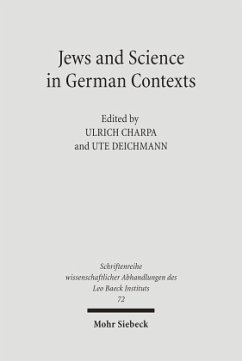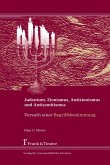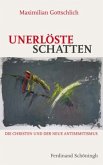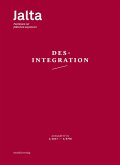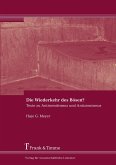In contrast to other studies related to German-Jewish scientists the emphasis of this volume is on their work. The autors examine the relationship between the cultural, religious, and social situation of German Jews on the one hand and their scientific activities on the other. They document general tendencies as well as individual cases of research that are appropriate for discussing the sensitive question of the specificity of the approaches of Jewish scientists. This volume aims to draw attention to the debate on the relationship of Judaism to academic research, from the early 19th century theorising on science and Judaism, to the controversies on 'Jewish' physics, mathematics etc. in the 1920s and 30s. It comments on the general phenomena of disproportionate representation and uneven disciplinary distribution of German-Jewish academics and analyzes some cases of highly esteemed as well as questionable research work and to suggest socio-political explanations. The authors characterize anti-Semitic attitudes specific in academia, particularly as they affected the advancement of scientific work. All case studies deal with more than one of these topics. The interdisciplinary approach makes it possible to establish similarities in research practices across disciplines and to compare achievements within and among various fields. Most of the contributors focus on achievements, corresponding research practices and determining factors of different kinds including the role of anti-Semitic attitudes in academia.
Bitte wählen Sie Ihr Anliegen aus.
Rechnungen
Retourenschein anfordern
Bestellstatus
Storno

